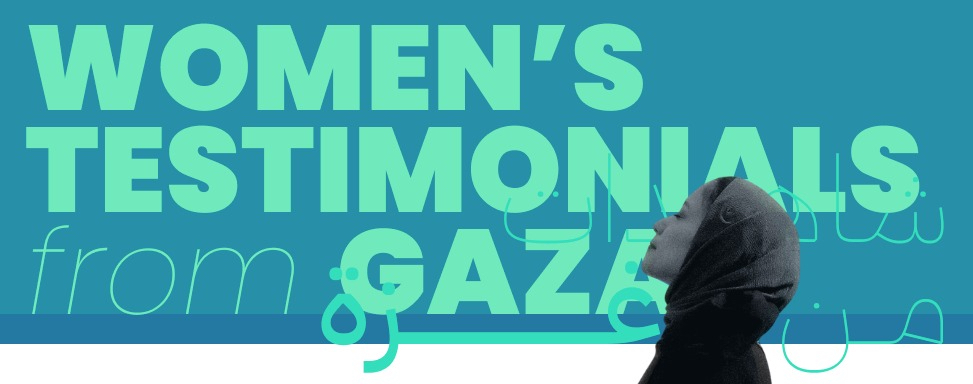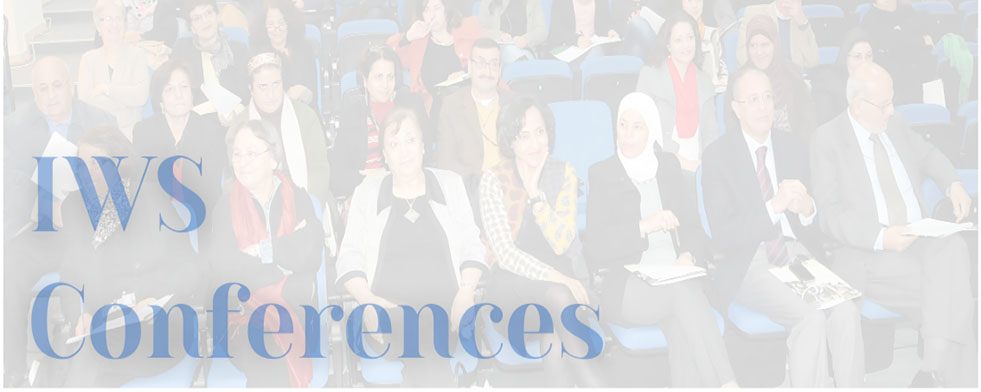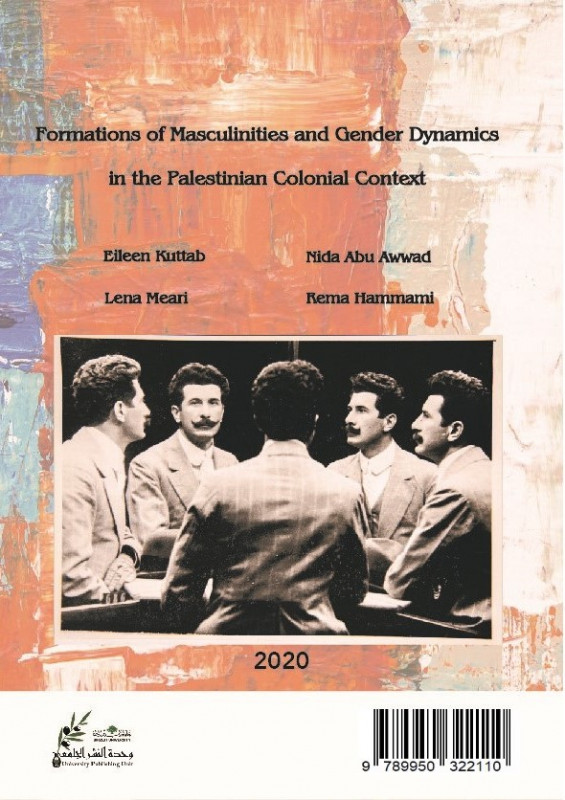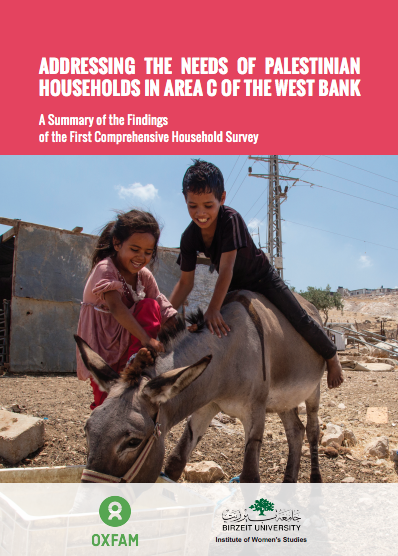The impact of family reunification measures on Palestinian women married to spouses holding Jerusalem ID in Kufr Aqap - pdf
Year: 2023
Author: Lina Ghaith
Supervisor: Rema Hammami
Discussion Committee: Amira Silmi & Islah Jad
Abstract
The Citizenship and Entry into Israel Law (2003) prevents Palestinian residents of the territories occupied in 1967 who are married to Jerusalem ID holders from obtaining legal status in Israel. The law deprives Palestinian Jerusalemites who marry Palestinians from the occupied territories from practicing their right to family life, solely because of their national affiliation.
Since 2007, Israel has issued temporary family unification permits to a limited number of families. The permit is subject to security checks for all family members of the applicant, and can be withdrawn at any time. In addition, the law prevents them from establishing a secure and stable future for themselves and their families. In cases where families do not obtain residency permits, they find themselves faced with difficult choices between continuing to live illegally in Israel, separating, or moving to areas in the West Bank.
In order to unify and reunite the family, couples must go through a long and complex process of colonial bureaucratic stations that may take many years, and which includes economic and psychological challenges. They must also fulfill the main and most important condition for following these procedures, which is to live in an area belonging to the occupation municipality, where spouses must secure a life center before proceeding with the reunification procedures.
This study deals with Kafr Aqab area, which the Israeli demographic policy displaced outside the apartheid wall, and which Israel turned into a refuge for several categories of Palestinians, including couples who want to reunite them, as living in Kafr Aqab gives Palestinians the possibility of legal access and residence in Jerusalem without passing through the occupation military checkpoints that require entry permits.
Thus, this study sheds light on the lives of Palestinian wives from the West Bank who are married to Jerusalem ID holders in Kafr Aqab area, and they are the wives whom the family unification freeze law deprived of their right to family life. The complexities of bureaucratic demands and the challenges they entail were also linked to the environment of Kafr Aqab, which suffers from marginalization and lack of services, and show how they can change the dynamics of marital life and the distribution of roles and responsibilities between spouses, especially in cases where wives take a position of resistance to ensuring their legal status.
Download



